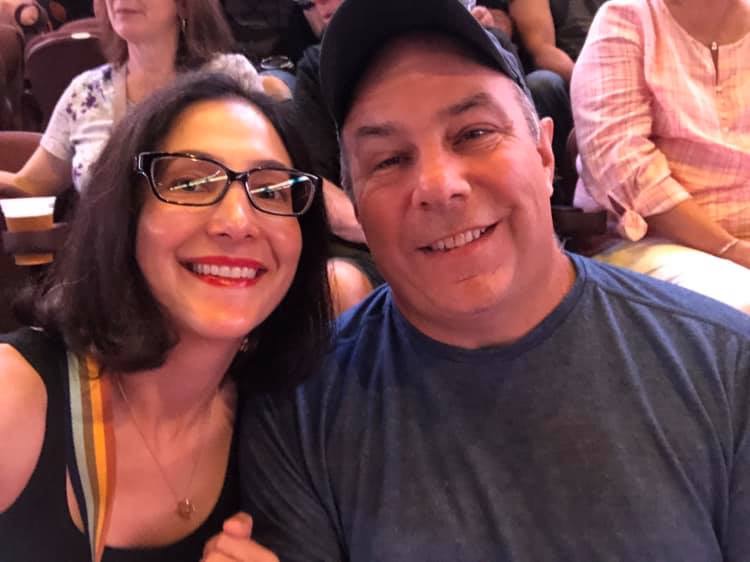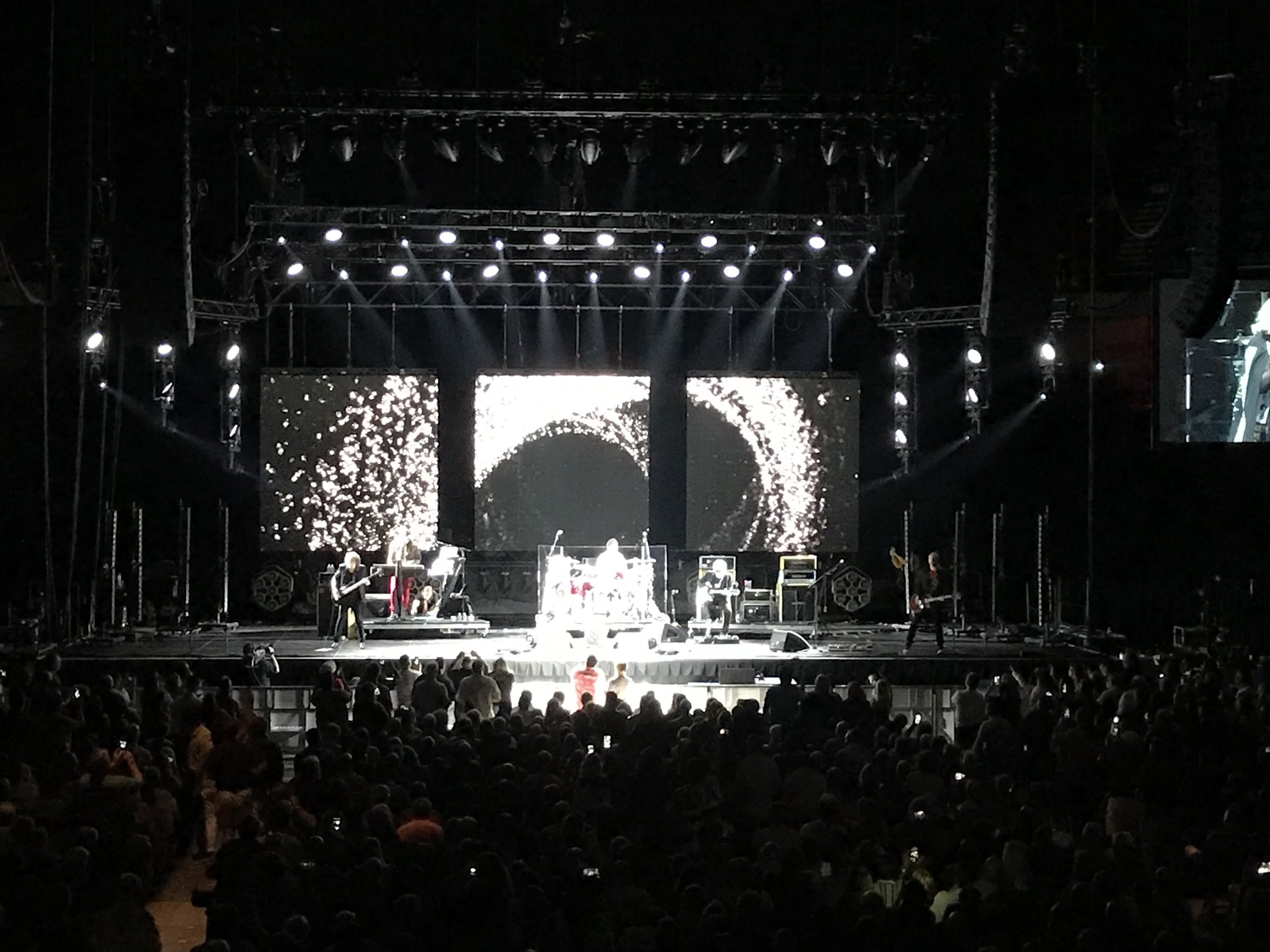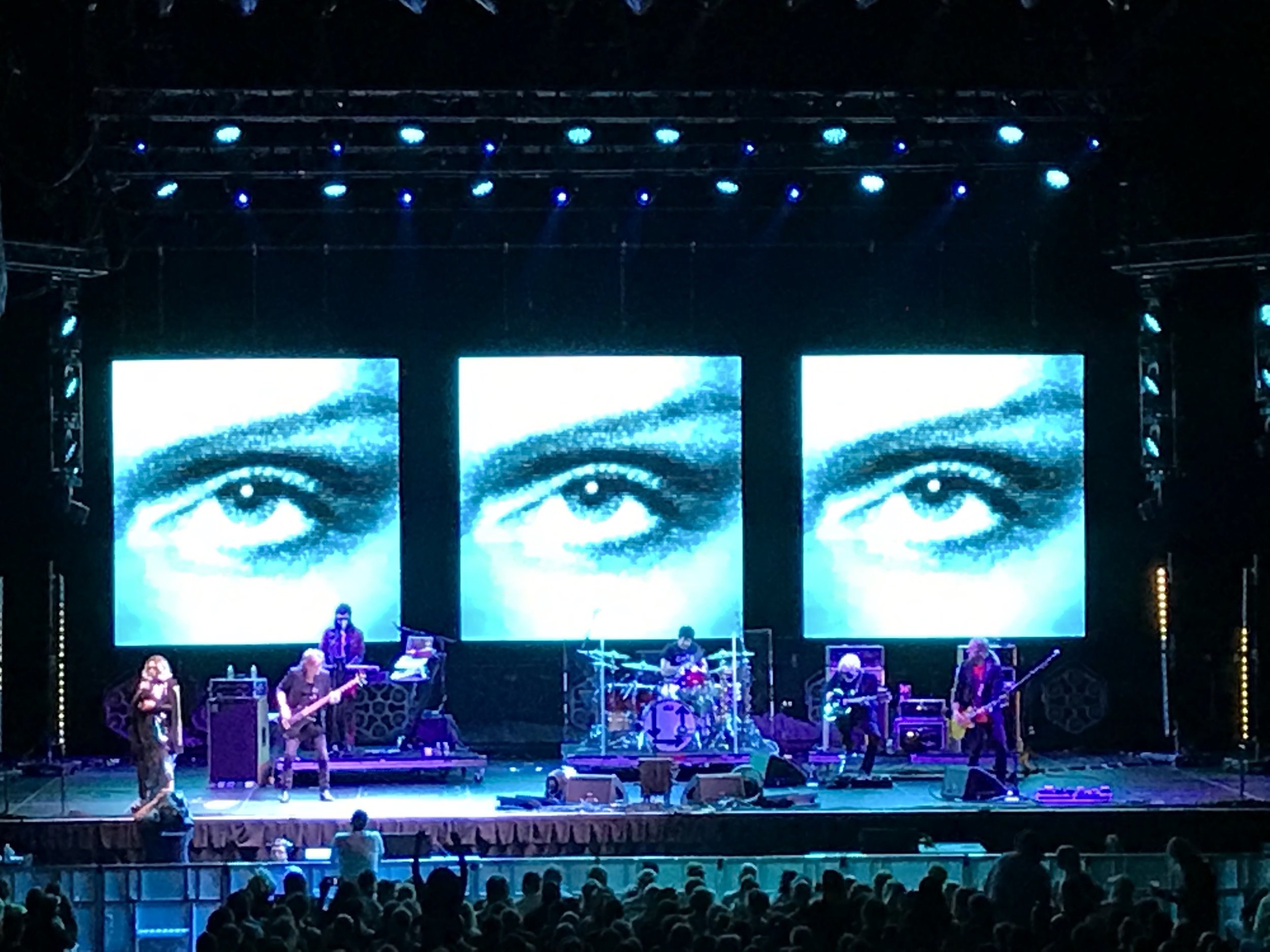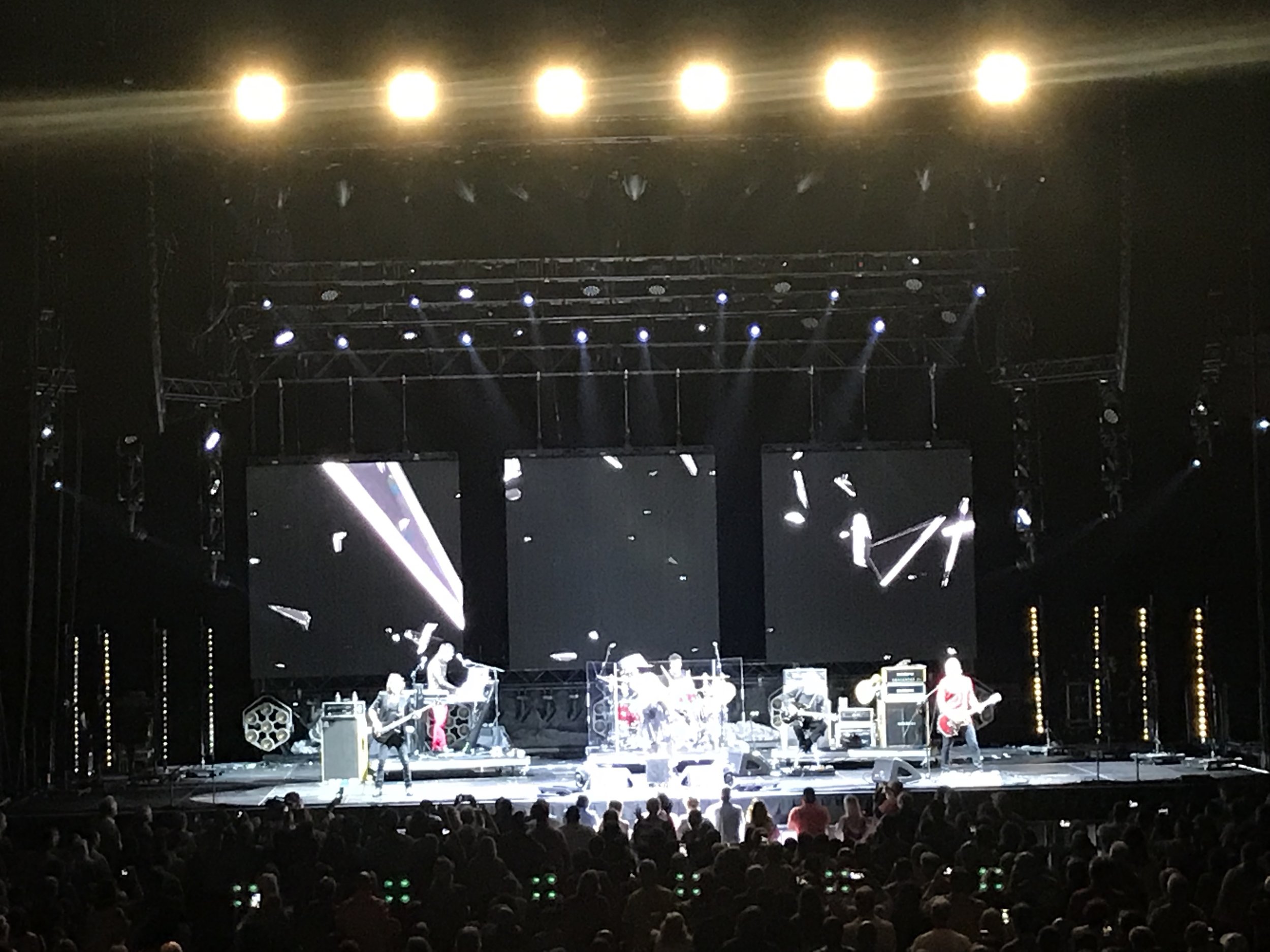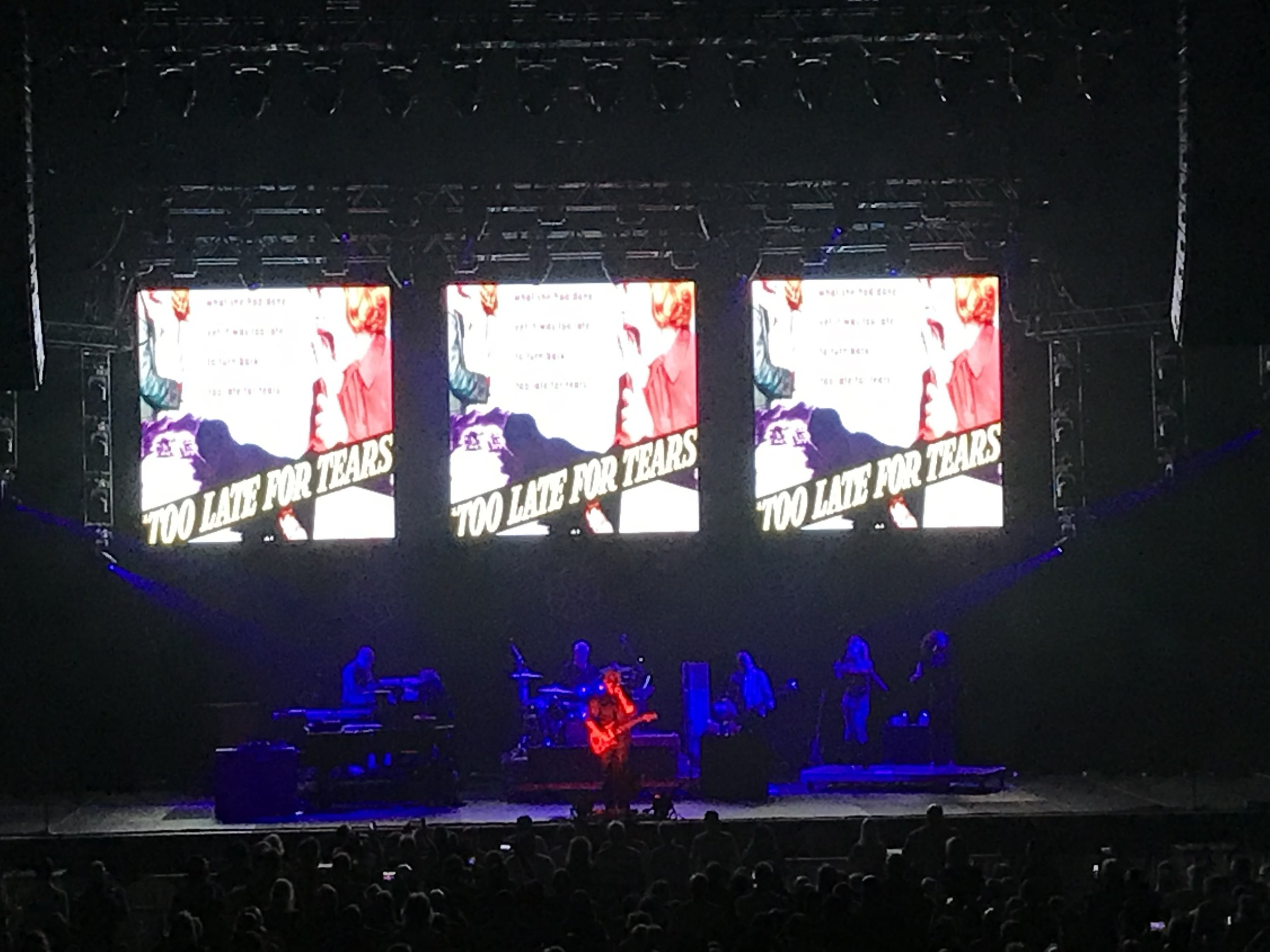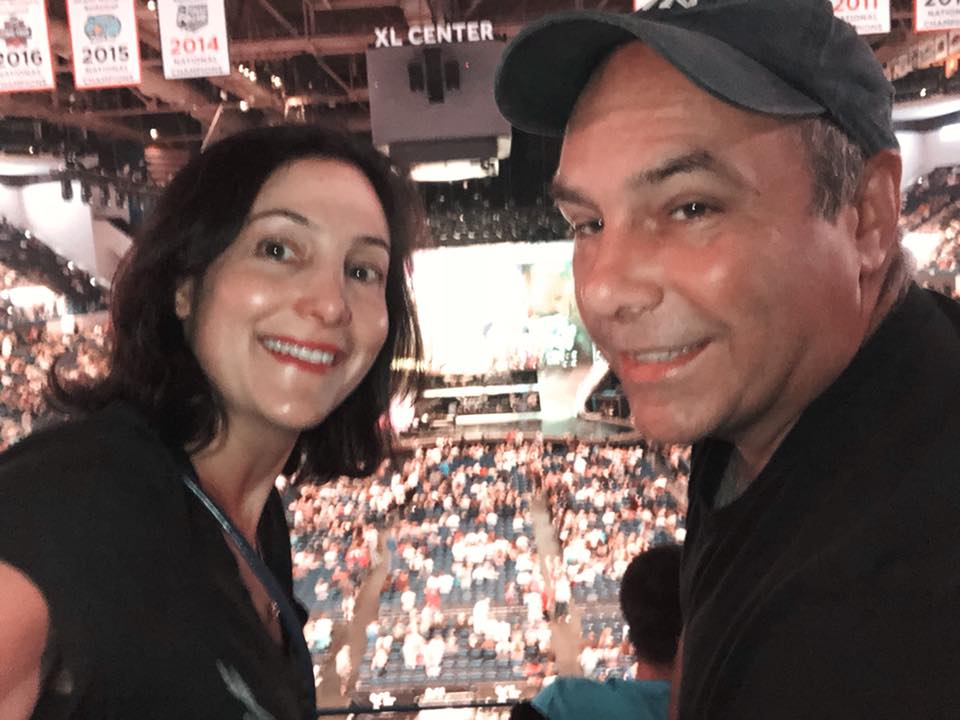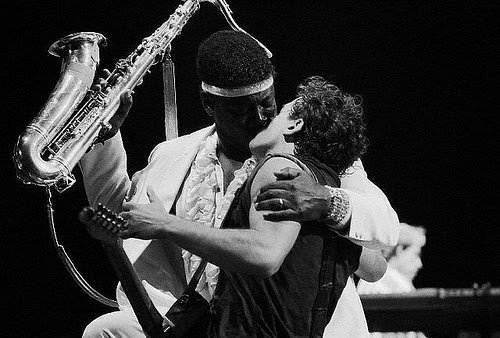Happiness through music
/Looking for greater happiness? Scientists suggest that you listen to music from the happiest time in your life.
"One of the strong effects of music comes from its ability to remind us of previous environments in which we were listening to that music."
It's known as context dependent memory.
Let’s say that your college years were the happiest time of your life. If you start listening to the music that you were listening to at that time, it can help you feel more connected to that happier time in your life and makes those happy feelings more present.
Makes sense. Right? Sort of suck all the joy of a particular time of your life into the present through song.
But here's the problem:
How do you determine the happiest time of your life? Is everyone so unhappy that only one particular period of their life sticks out more than the rest?
I had an awful two years ranging from about 1992-1994, when I was jobless, homeless, violently assaulted, and awaiting a trial for a crime I did not commit. And while my childhood had its ups and downs, I still have a treasure-trove of fond memories from that time, too, but there was very little music in my life when I was a kid, so using music to connect back to that time is impossible.
But other than those two periods in my life, what am I supposed to choose. There have certainly been many other struggles in my life, but when was my happiest time?
1986-1989: Teenager finding freedom for the first time, dating my high school sweetheart, driving around town with the music blasting, carefree and excited, traveling the country with our marching band, meeting my best friend for the first time.
1989-1992: Eighteen years old and living with my best friend in a townhouse in Attleboro, MA that we named The Heavy Metal Playhouse. Hosting parties for 100 people at a time, traveling up and down the east coast, staying up all night, living so poor but so damn happy.
1994-1999: Finally fighting my way to college, launching our DJ company, making my dreams of a college education finally come true.
1999-2003: Launching the teaching career that I once thought an impossible dream, finding a job that I truly love, and making some of the best friends of my life.
2003-2005: I meet Elysha. We begin dating and quickly move in together, and get engaged.
2006: I marry the woman of my dreams.
2006-2009: Elysha and I are married without kids, working side by side, going to every movie and hosting dinner parties. I sell my first and second novels, making my dreams of being an author a reality.
2009-now: Clara and then Charlie are born. I begin performing onstage for The Moth. We launch Speak Up. I begin traveling the country and the world telling stories and teaching the craft of storytelling. I publish more books. Begin writing columns.
Honestly, how does a person choose the happiest time of his life? I can’t imagine living my life thinking my happiest years are behind me. What is it like for someone approaching 50 years-old knowing that they were never as happy as they were in college? Or high school? Or anytime in their past.
Sure, the music from those happy days might help them feel a little better about their present condition, but knowing that it’s all downhill from here, with no hope for happiness greater than that of the past, also seems pretty depressing to me.

